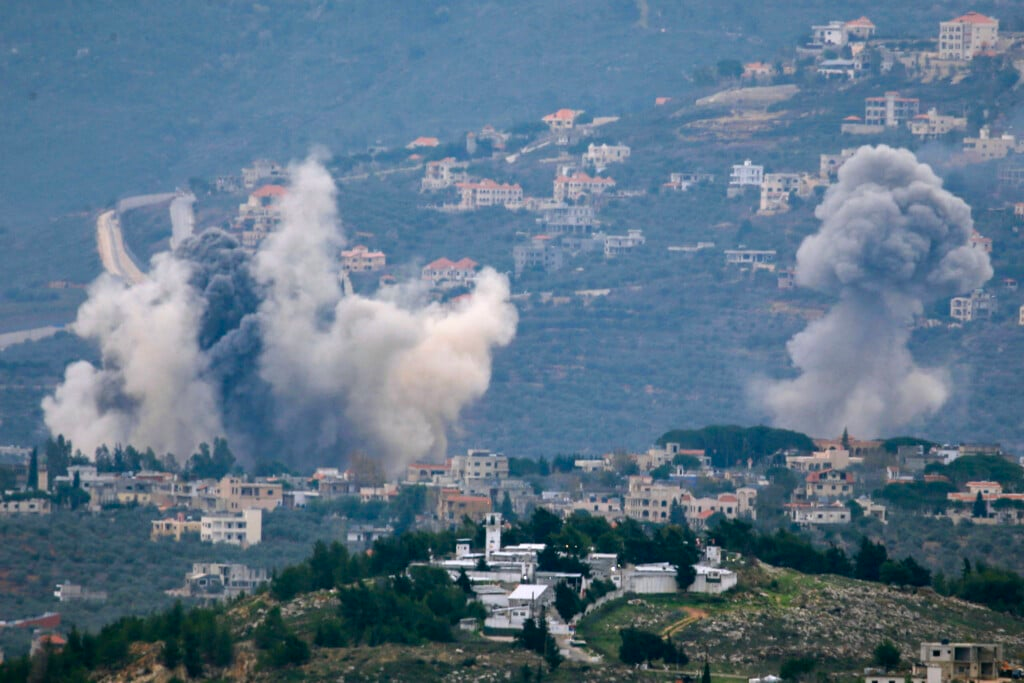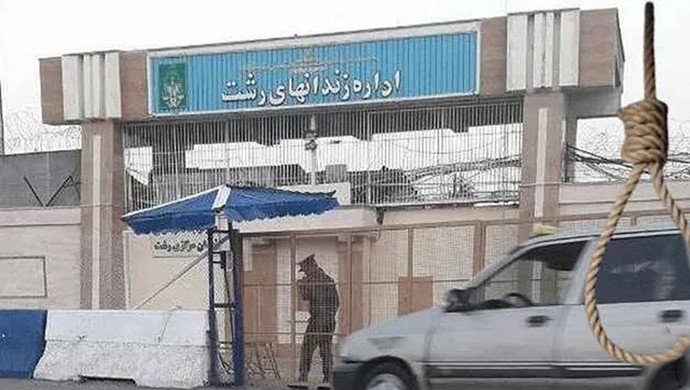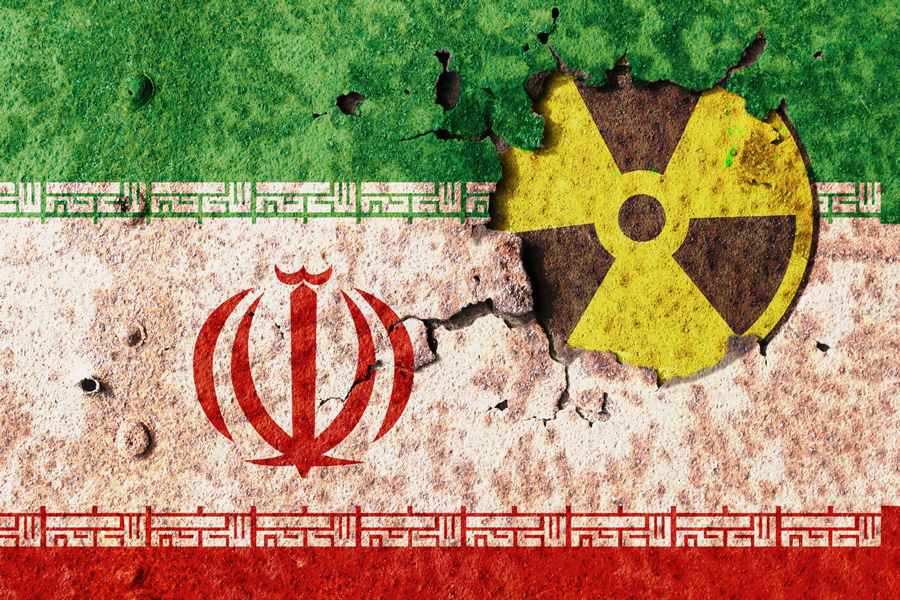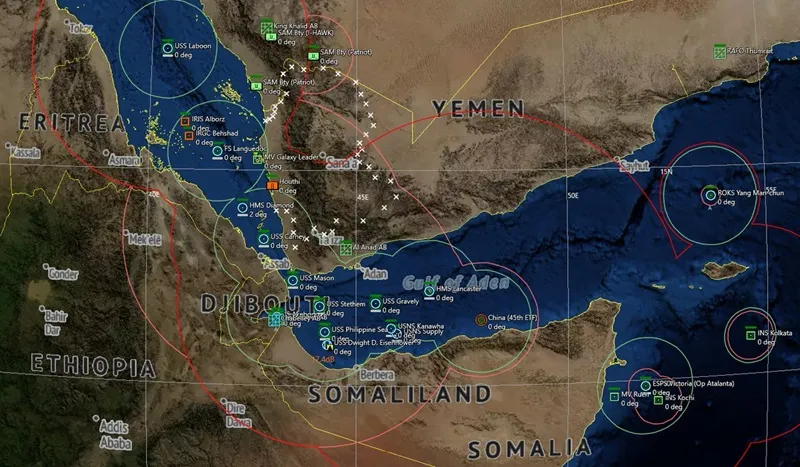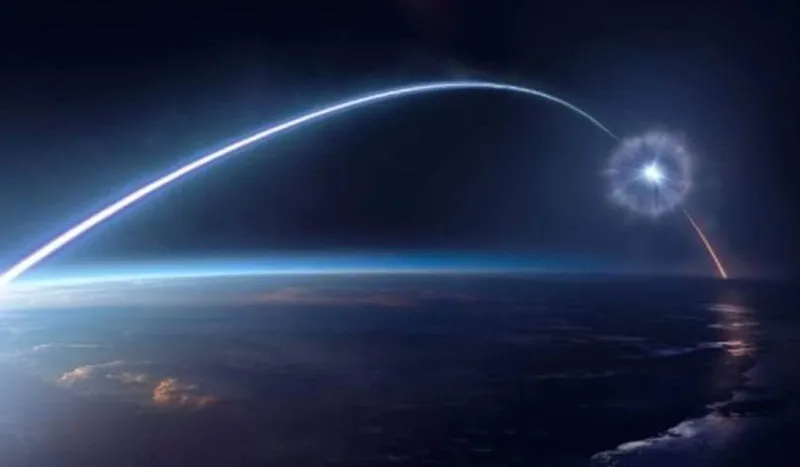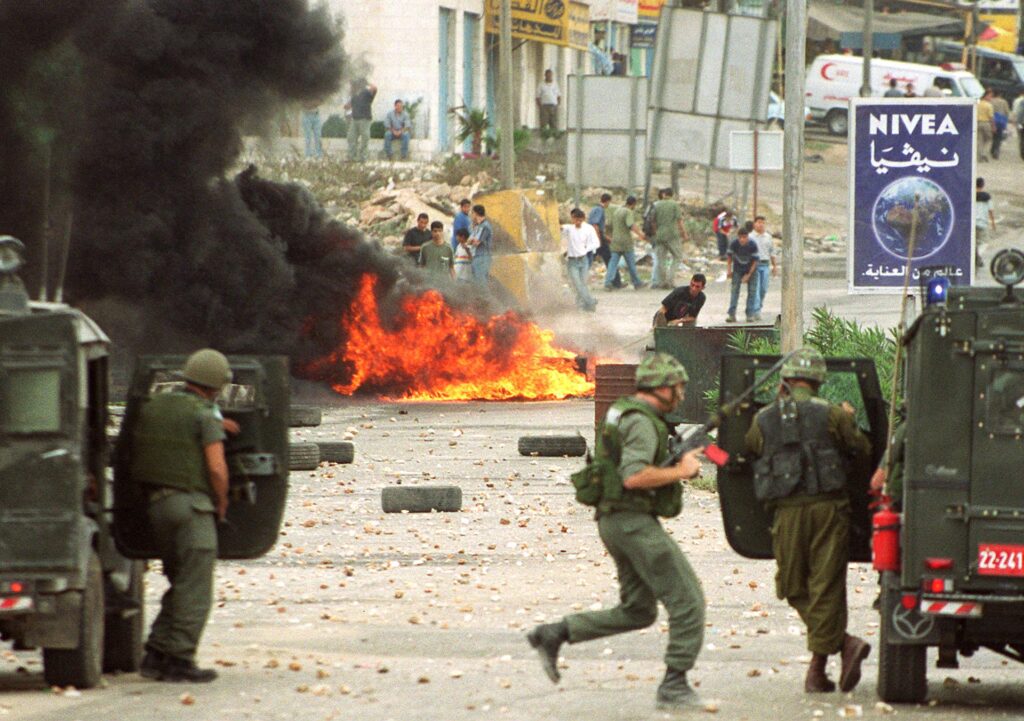MBS – don’t let Khamenei make a fool of you too!
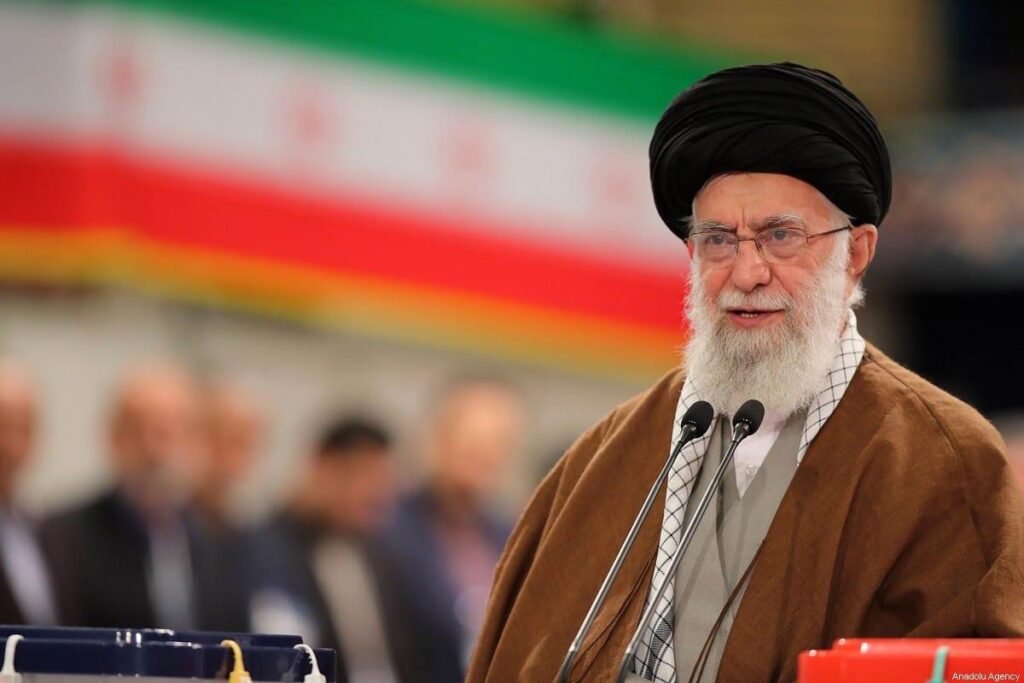
There should be no doubt about there being a grand scheme of a renewed military showdown in the Middle-East. Neither should there be doubt about who planned, coordinated and funded such a major clash, that could get out of hand and turn into a regional war. The only one playing the cards is Iran. Iran met with Hamas, PIJ and Hezbollah. Iran smuggled in the weapons, Iran organized the training of Hamas operatives in Malasia and Lebanon. Iran organized the back-up and the next steps to be taken. This took over two years of planning and organizing – so the only question is, what is the strategic goal of Iran?

